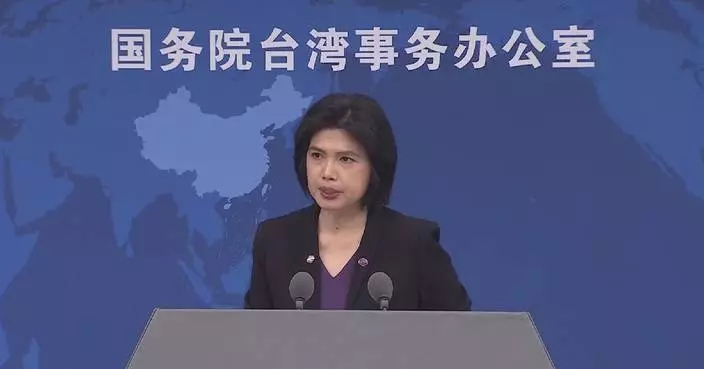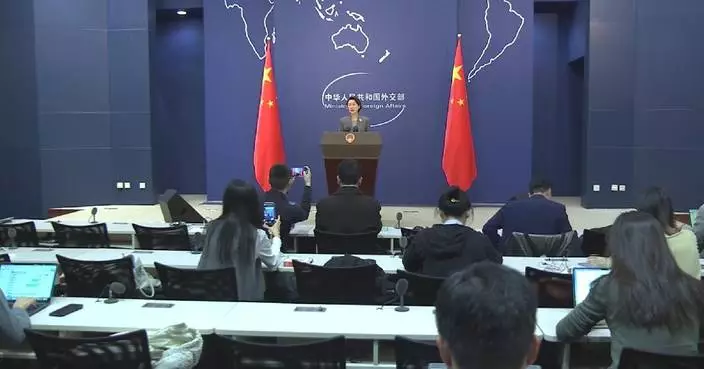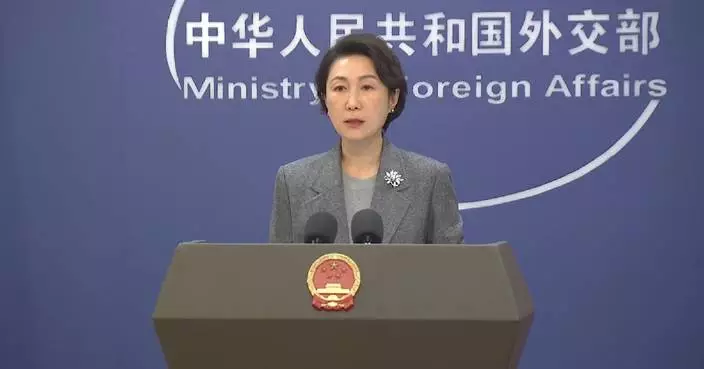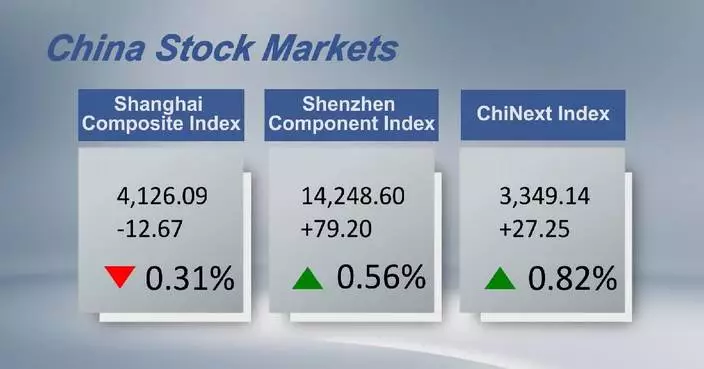China will make efforts to further improve the supply capacity of high-quality consumer goods, an official said at a press conference in Beijing on Tuesday.
Since 2024, China has deeply implemented the strategy of increasing varieties, improving quality, and building brands for consumer goods, and the supply capacity of high-quality consumer goods has continued to improve, making contributions to the stable growth of the industrial economy and meeting the people's needs for a better life.
In 2024, the value added of consumer goods industries above the designated size grew by 4.5 percent year on year, 3.6 percentage points higher than the same period in 2023, according to the Ministry of Industry and Information Technology.
Driven by the new round of consumer goods trade-in program, the ministry will take multiple measures to improve the supply capacity of high-quality consumer goods, said Tao Qing, director of the Operation Monitoring and Coordination Bureau of the ministry.
"In the next step, the Ministry of Industry and Information Technology will step up efforts to expand the scale of consumer goods trade-in program, and formulate an action plan to enhance the adaptability of supply and demand of light industrial consumer goods to boost domestic demand. We will also implement the plan to renew excellent textile and clothing brands, and cultivate a batch of light industrial textile industry clusters with a scale of 100 billion yuan," Tao said.
China will take about three years to cultivate over 1,000 high-quality brands, actively promote new energy vehicles, smart home appliances and other products in county-level regions and remote rural areas and formulate implementation plans for the digital transformation of key industries such as textiles, light industry, food, and medicine, according to the ministry.
Efforts will also be made to promote large-scale equipment upgrades and technological transformation, and accelerate the integration and application of digital technology and artificial intelligence in the consumer goods industry.
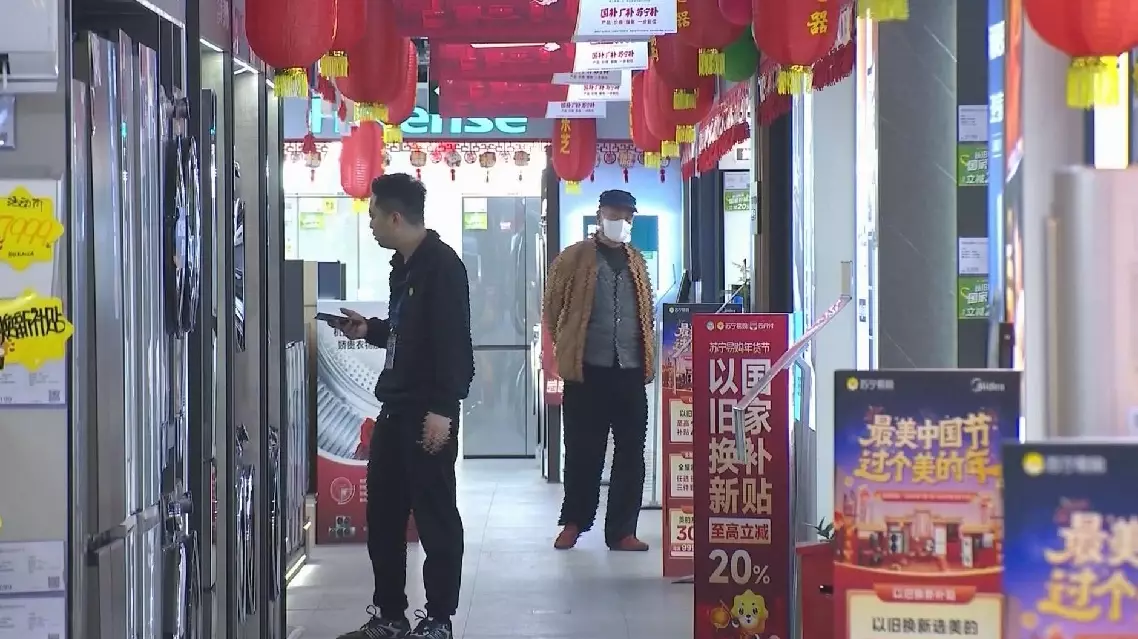
China to boost supply capacity of high-quality consumer goods: official
An artificial intelligence (AI) foundation model specialized for analyzing human genetic diversity was launched at Shanghai's cutting-edge Model Speed Space innovation hub on Tuesday.
Named SNPBAG, it is the world's first large model built specifically for genomic analysis, promising to precisely predict diseases and advance personalized health care.
The model focuses on single nucleotide polymorphisms (SNPs), the most common type of genetic variation among people, which influence traits such as height, intelligence and personality.
Currently, SNPBAG can be used for ancestry tracing and kinship identification. In the future, with further training, it is expected to predict disease risks at various life stages based on DNA sequences, offering higher screening accuracy than existing genetic testing methods.
"As far as we know, traditional methods examine SNPs point by point for correlations with traits like height or intelligence, without taking into account, for example, interactions between or among genes. Therefore, we need a model that can autonomously identify these complex relationships. Now, we've found such a tool that can bring close two gene expressions [of the human body] that are far away from each other and provide biological interpretations," said Tang Kun, an expert of computational biology and founder of Shanghai Feipu Intelligent Technology Co., Ltd.
Looking ahead, the model will support the development of China's sovereign genomic database, promote its domestic self-reliance, enhance AI-driven drug discovery and improve the target screening success rates by over 200 percent. It also aims to make precision health care more accessible.
"The most well-known application is non-invasive prenatal screening. Currently, only a few conditions are covered by national insurance, but there are over 20,000 rare diseases in children. We are now collaborating with Shanghai Children’s Hospital to expand screening coverage," said Lu Sitong, CEO of Shanghai Feipu Intelligent Technology.
With SNPBAG, non-invasive prenatal screening is expected to detect a broader range of rare diseases in the future. The company said it also plans to launch consumer-facing products to benefit the general public.

China launches world's first foundation model for genomic analysis







